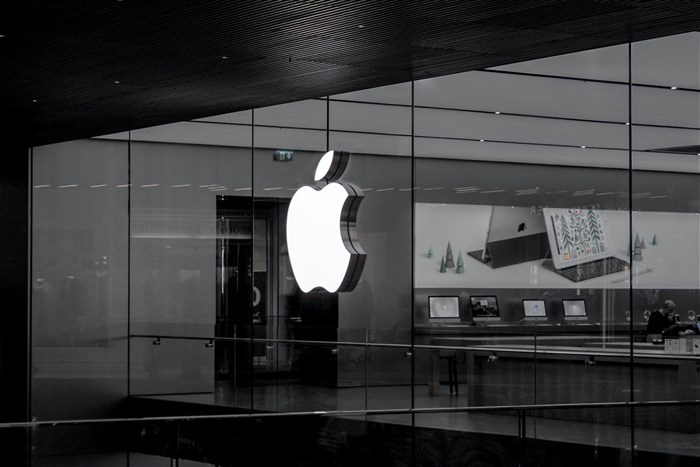
The claim was filed at London’s Competition Appeal Tribunal calls for the US firm to compensate UK iPhone and iPad users for years of alleged overcharging.
Rachael Kent, the lead claimant in the case and a professor at King’s College London, said: “Apple is abusing its dominance in the app store market, which in turn impacts UK consumers.”
The suit was filed a week into a US trial over Epic Games Inc.’s claims that Apple is running its marketplaces like a monopoly, cheating developers and consumers. The separate UK claim is focused on the alleged harm caused to customers rather than developers.
Earlier this year, Apple lowered its App Store fee to 15% from 30% for developers who produce as much as $1m in annual revenue from their apps and those who are new to the store.
We believe this lawsuit is meritless and welcome the opportunity to discuss with the court our unwavering commitment to consumers and the many benefits the App Store has delivered to the UK’s innovation economy.
“In fact, 84% of apps on the App Store are free and developers pay Apple nothing. And for the vast majority of developers who do pay Apple a commission because they are selling a digital good or service, they are eligible for a commission rate of 15%.”
The suit also alleges that Apple deliberately shuts out potential competition and forces ordinary users to use its own payment processing system, generating unlawfully excessive levels of profit for the company.
The claimants say any UK user of an iPhone or iPad who purchased paid apps, subscriptions or made other in-app purchases since October 2015 is entitled to compensation.